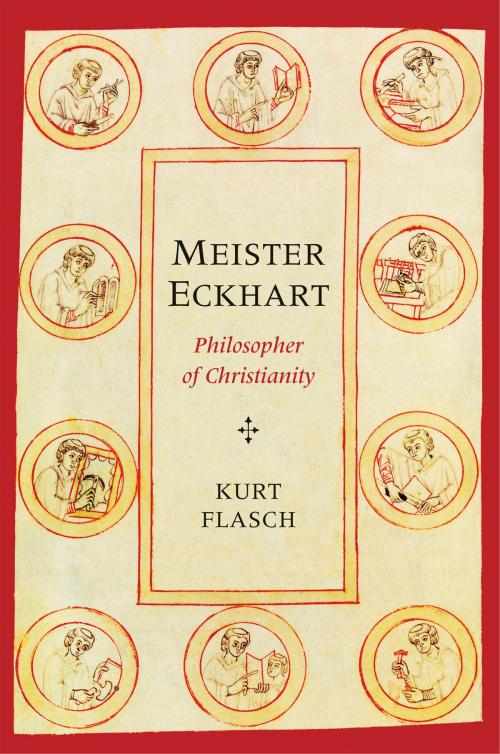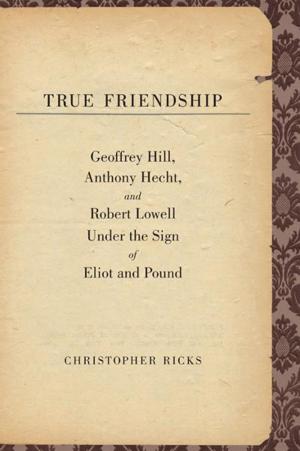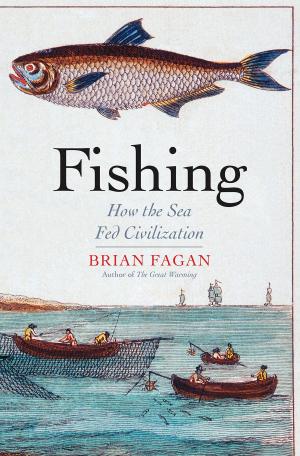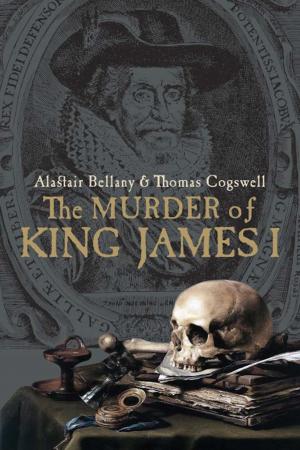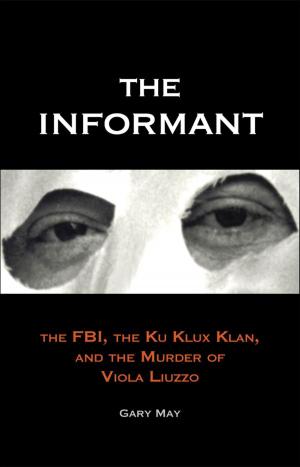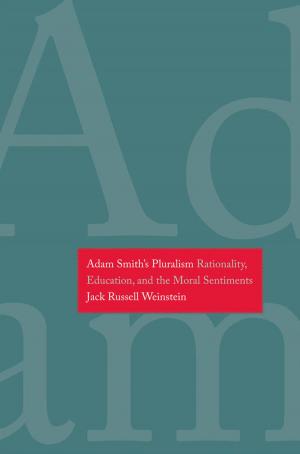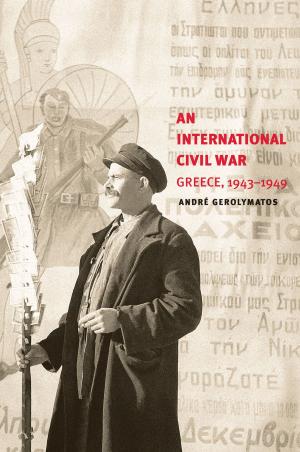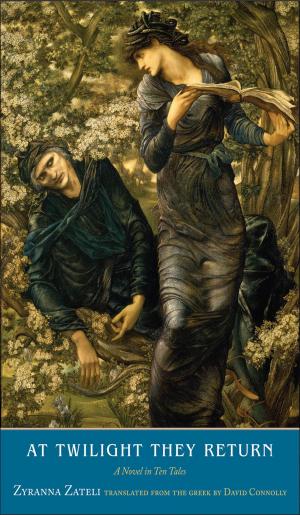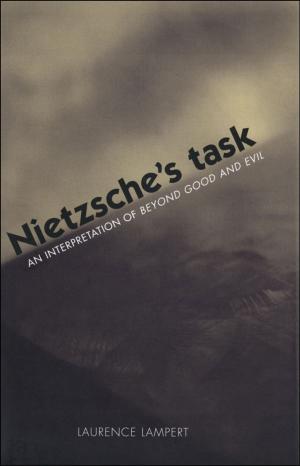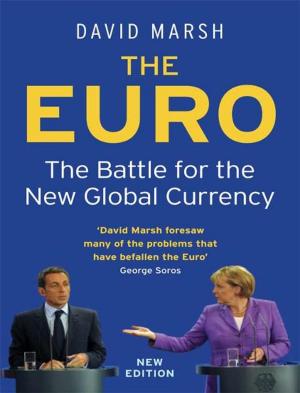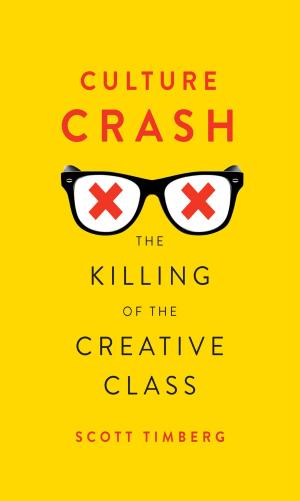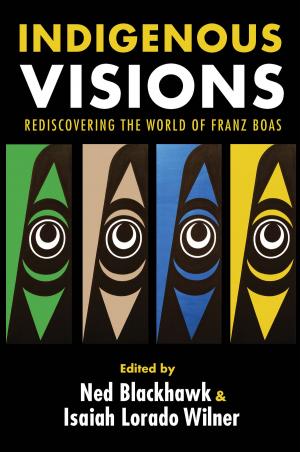Meister Eckhart
Philosopher of Christianity
Nonfiction, Religion & Spirituality, Christianity, Church, Church History, Biography & Memoir, Religious| Author: | Kurt Flasch | ISBN: | 9780300216370 |
| Publisher: | Yale University Press | Publication: | November 24, 2015 |
| Imprint: | Yale University Press | Language: | English |
| Author: | Kurt Flasch |
| ISBN: | 9780300216370 |
| Publisher: | Yale University Press |
| Publication: | November 24, 2015 |
| Imprint: | Yale University Press |
| Language: | English |
Renowned philosopher Kurt Flasch offers a full-scale reappraisal of the life and legacy of Meister Eckhart, the medieval German theologian, philosopher, and alleged mystic who was active during the Avignon Papacy of the fourteenth century and posthumously condemned as a heretic by Pope John XXII. Disputing his subject’s frequent characterization as a hero of a modern, syncretic spirituality, Flasch attempts to free Eckhart from the “Mystical Flood” by inviting his readers to think along with Eckhart in a careful rereading of his Latin and German works.
This fascinating study makes a powerful case for Eckhart’s position as an important philosopher of the time rather than a mystic and casts new light on an important figure of the Middle Ages whose ideas attracted considerable attention from such diverse modern thinkers as Schopenhauer, Vivekananda, Suzuki, Fromm, and Derrida.
This fascinating study makes a powerful case for Eckhart’s position as an important philosopher of the time rather than a mystic and casts new light on an important figure of the Middle Ages whose ideas attracted considerable attention from such diverse modern thinkers as Schopenhauer, Vivekananda, Suzuki, Fromm, and Derrida.
Renowned philosopher Kurt Flasch offers a full-scale reappraisal of the life and legacy of Meister Eckhart, the medieval German theologian, philosopher, and alleged mystic who was active during the Avignon Papacy of the fourteenth century and posthumously condemned as a heretic by Pope John XXII. Disputing his subject’s frequent characterization as a hero of a modern, syncretic spirituality, Flasch attempts to free Eckhart from the “Mystical Flood” by inviting his readers to think along with Eckhart in a careful rereading of his Latin and German works.
This fascinating study makes a powerful case for Eckhart’s position as an important philosopher of the time rather than a mystic and casts new light on an important figure of the Middle Ages whose ideas attracted considerable attention from such diverse modern thinkers as Schopenhauer, Vivekananda, Suzuki, Fromm, and Derrida.
This fascinating study makes a powerful case for Eckhart’s position as an important philosopher of the time rather than a mystic and casts new light on an important figure of the Middle Ages whose ideas attracted considerable attention from such diverse modern thinkers as Schopenhauer, Vivekananda, Suzuki, Fromm, and Derrida.
